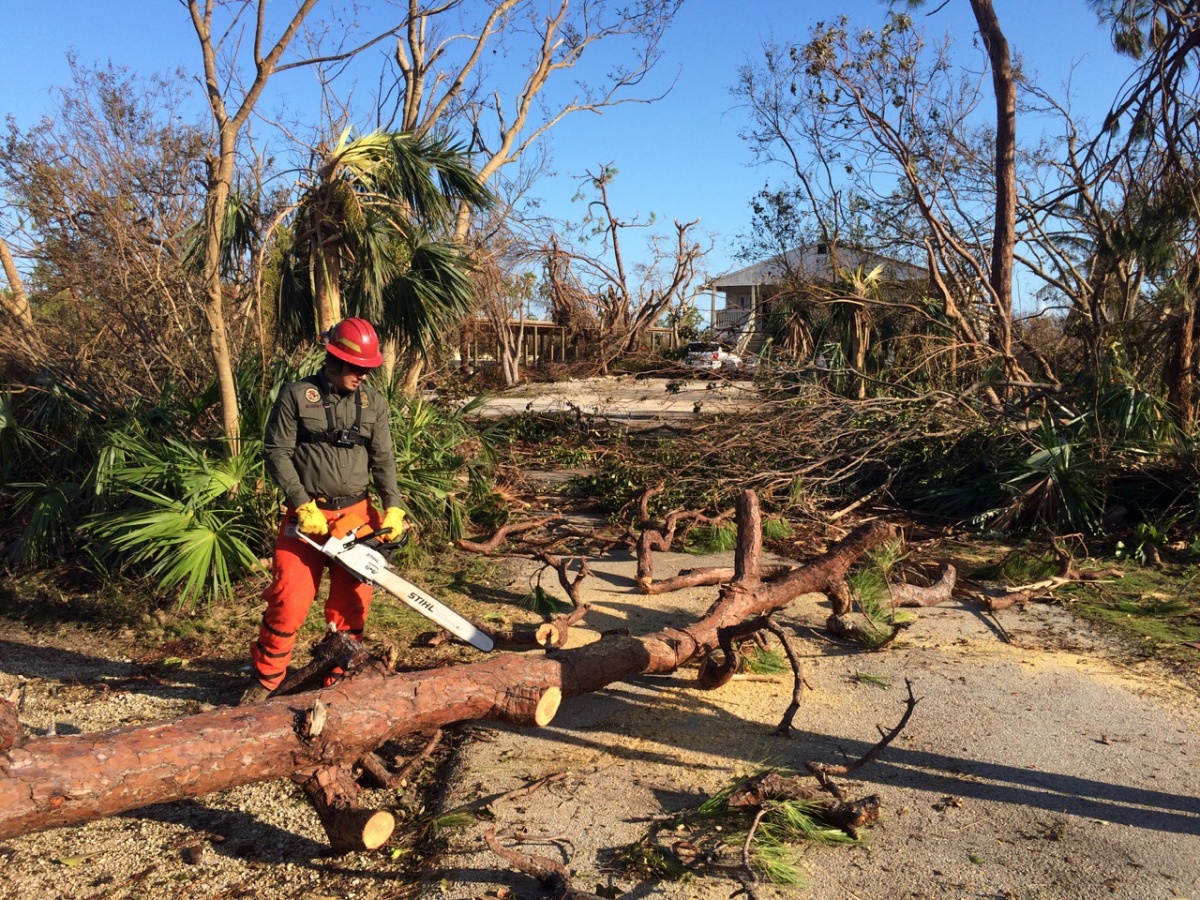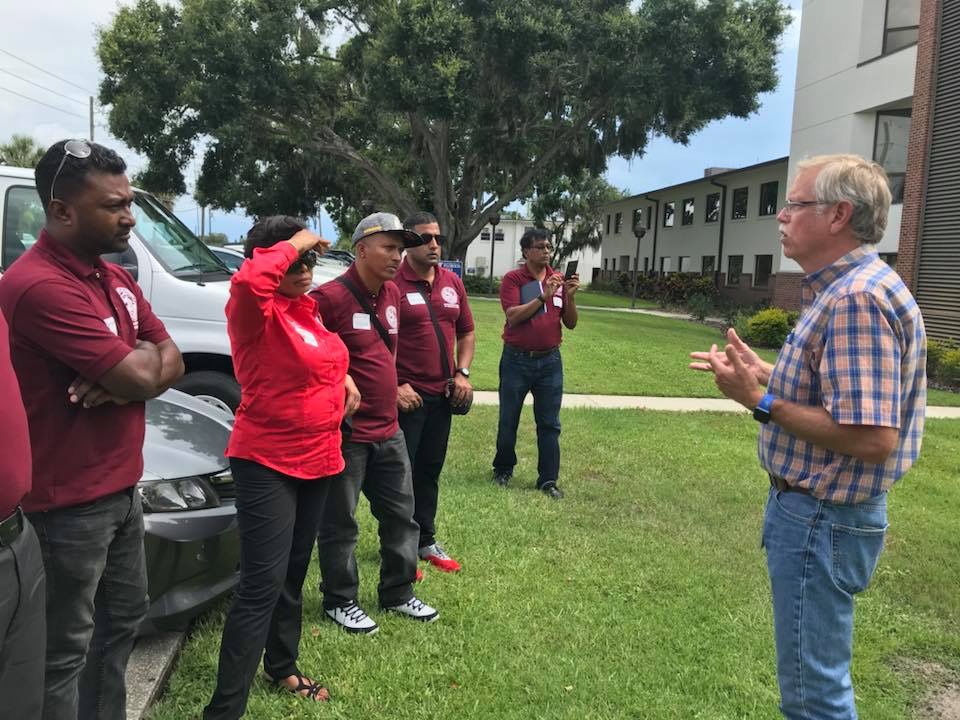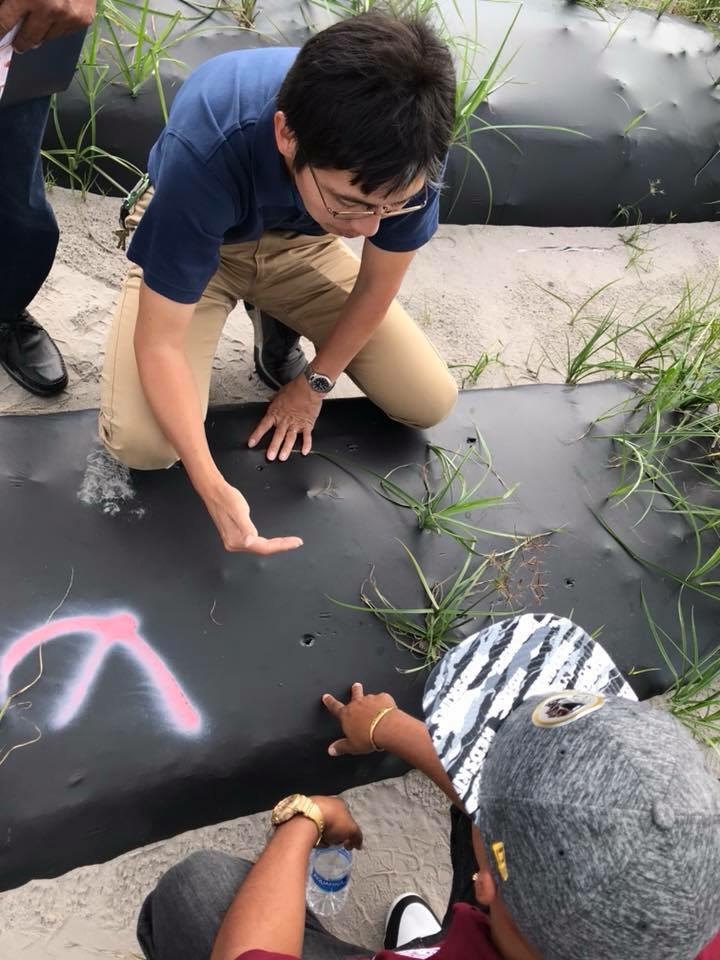Trinidad & Tobago Horticultural Society delegation completed an assessment of needs, for UF/IFAS agents look forward to providing solutions for issues and opportunities in the agriculture industry. The evaluation includes questions about plant production, hurricane preparedness, the reliability of farmers, emerging markets, and food safety.
The assessment reflects insights of the farmers in T&T. Assessment answers about farmers show farmers behaviors in T&T. Some farmers do monoculture crops, and others diversified the production doing crop rotation. The farmers identified crops as Plantation crops: citrus, cocoa, pineapple, mango. The creation of vegetables includes lettuce, cabbage, pigeon peas, corn, tomatoes, peppers, others leafy greens, watermelon, pumpkins sweet potato, malanga, and beans. Only twenty-nine percent of the participants perceive that the seeds they are using are not reliable or available during the year. Most of the seeds the farmers are using come from the United States, China, and India.
Hurricane Preparedness
 For a catastrophic event, T&T provides assistance with food, shelter, and materials for people affected. As for hurricane preparedness, 85% of the participants said that they don’t have a planned design of strategies in case the Island has an atmospheric event. What do farmers do? Each farmer stores their supplies in a safe location, ensuring their drains are cleared to prevent flooding.
For a catastrophic event, T&T provides assistance with food, shelter, and materials for people affected. As for hurricane preparedness, 85% of the participants said that they don’t have a planned design of strategies in case the Island has an atmospheric event. What do farmers do? Each farmer stores their supplies in a safe location, ensuring their drains are cleared to prevent flooding.
Trinidad and Tobago Farmers Reliability
The farmer’s reliability depends on the information they find through industry contacts, the internet (websites), private suppliers, firms and some governmental agencies, the Agricultural Society of Trinidad and Tobago, and very little in the Ministry of Agriculture. Farmers have vetted information provided by the observation of results on their farm. Farmer’s perception is that very little science-based information trickles down to the farmers.
Emerging Agriculture Opportunities in Trinidad and Tobago
Some emerging opportunities for agriculture include the increases of farmers markets by the National Agricultural Marketing and Development Corporation and increasing the number of resorts for expanded business opportunities to the local farmers and motivation for food production.
This program helps the farmer to connect directly with the final customer in the food system, providing fresh food and affordable prices. Other initiatives are online education and farm cooperatives for a community and economic development.
Farm Food Safety

The food security of T&T is weak. They are looking for strategies to increase awareness and produce more food. Food Safety is an emerging topic and is being given more interest by farmers. Government is working with farm food policies and good agricultural practices and a plan to implement. However, they don’t have a direct initiative from the government. Some external organizations are working with the water agency, that is more aware of this topic.
What is the Educational Interest of Agricultural Society of Trinidad & Tobago?
Horticultural Society delegation Participants of the Central Florida Extension Agricultural Tour want to make a collaboration agreement where UF/IFAS can help in providing new information available to Trinidad and Tobago farmers to help increase production, the conservation of natural resources, and improve agricultural sustainability. They want to Learn more about Extension and the educational framework for beginner and experienced farmers. Some suggested programs they want to learn more about: research best practices, micro-irrigation technics, bacteria resistant crops varieties, best management practices for weeds, integrated pest management and diseases on vegetables, fruits, and citrus.
There are great opportunities to create an agriculture agreement with the academy, government, and farmers. The leader assessment reflects good opportunities to collaborate and teach new agricultural practices to help farmers adopt agrarian practices, and governmental agencies to adopt new policies. This assessment indicates the opinion of participants in the tour.
 0
0



